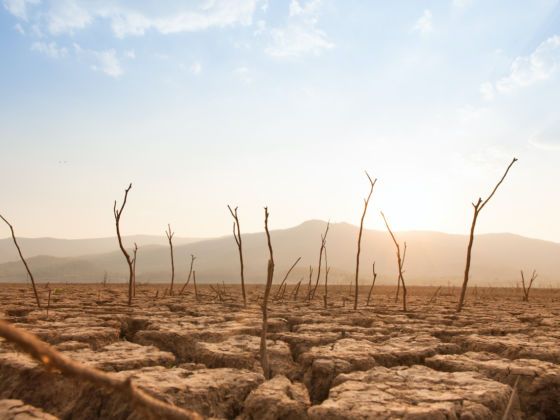Because of the coronavirus pandemic, hundreds of thousands of flights have been canceled around the globe, and the rush-hour traffic that typically snarls urban areas has disappeared. As a result, cities around the world have seen massive drops in air pollution, sometimes accompanied by the presence of wild animals in places they haven’t been seen recently.

Despite the Drop in Air Pollution, 2020 Is Still on Track to Be the Hottest Year on Record
While no one wants to celebrate a pandemic, environmental groups and forward thinkers have noted one big silver lining in this strange time — people around the globe may finally realize the lasting effect we have on the natural environment.
Not to rain on the 2020 parade — it’s already rather soaked — but this change isn’t happening overnight. According to a report in The Guardian, 2020 is on track to be the hottest year on record, surpassing the “instrumental temperature record” set in 2016. Despite a temporary reduction in carbon emissions, the concentration of CO2 in our atmosphere continues to rise as a result of under-mitigated, long-term pollution.
“We are very unlikely to be able to notice any slowdown in the built-up of atmospheric GHG levels,” said Karsten Haustein, a climate scientist at the University of Oxford, to The Guardian. But we have the unique chance now to reconsider our choices and use the corona crisis as a catalyst for more sustainable means of transport and energy production (via incentives, taxes, carbon prices etc).”
The website globalclimateindex.org, which tracks carbon emissions and their atmospheric impact, has our total estimated carbon emissions at 2.33 trillion tons and rising by the second. The only scientific way to combat these emissions is to reduce humankind’s output while simultaneously removing carbon from the atmosphere.
Our weekly environmental column, The Climate Win, recently looked at a viable way each person can remove their carbon. It’s definitely a start, but as an individual, your best course of action is still to work to reduce, reuse, and recycle in your daily life and to support continued scientific and technological advancement in major polluting industries like transportation and agriculture.